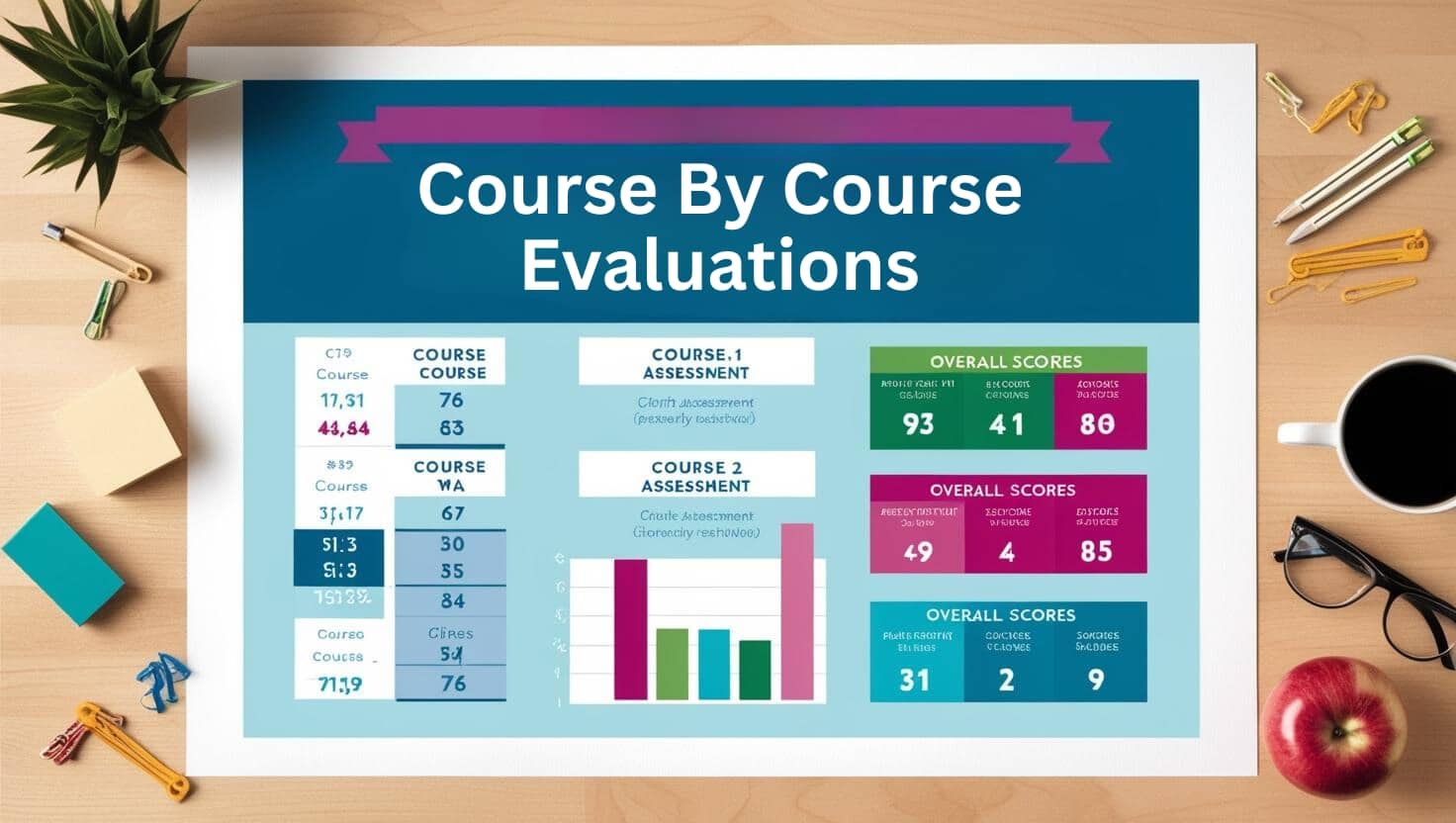Introduction
In a significantly globalized world, the significance of evaluating work experience for worldwide markets can not be understated. As businesses broaden their horizons across borders, comprehending how to efficiently evaluate work experience ends up being crucial. The requirement for accurate academic credential evaluation and international credential examination services emerges, with a concentrate on lining up expert credentials with regional requirements.
This post looks into the important factors to consider and strategies associated with examining work experience for international markets. By taking a look at numerous facets consisting of course-by-course credential evaluation, work experience evaluation, and the function of professional viewpoint letters, we aim to provide extensive insights that accommodate specialists, companies, and evaluators alike.
Evaluating Work Experience for International Markets: Secret Factors To Consider and Strategies
When examining work experience worldwide, numerous crucial factors to consider enter play. Each country has its own set of standards and practices relating to education and work. Therefore, comprehending these nuances is essential in guaranteeing a trustworthy evaluation of qualifications.
Understanding Global Standards in Work Experience Evaluation
Countries differ substantially in regards to expert accreditation and acknowledgment of credentials. For example, what is deemed appropriate work experience in one nation may not hold the exact same weight in another. Therefore:
- Researching Country-Specific Requirements: Familiarizing oneself with the specific standards set by regulatory bodies in target countries is crucial. Utilizing Credential Evaluation Services: Organizations focusing on international credential assessment can offer important insight into how foreign qualifications are seen domestically.
The Function of Academic Credential Evaluation
Academic qualifications act as a foundation upon which work experience is typically assessed. Correct assessment makes sure that a prospect's academic background lines up with industry expectations.

- Course-by-Course Credential Evaluation: This technique provides in-depth insights into individual courses taken by prospects, translating them into comparable credits within the host country's education system. General Evaluations: These offer a summary of a prospect's credentials however may do not have the granularity needed for certain expert sectors.
Importance of Course-by-Course Credential Evaluation
A course-by-course technique allows hiring supervisors to evaluate candidates more comprehensively based upon their scholastic achievements.
- Detailed Insight: This approach breaks down each course finished by a specific, helping examine whether they fulfill particular academic requirements revealed by regulatory bodies or employers. Facilitating Task Matching: By matching specific courses with job requirements, companies can guarantee that prospects have specifically the ability needed for roles within their industry.
Work Experience Assessment: A Thorough Approach
Evaluating work experience transcends simply taking a look at task titles; it needs an analytical view that considers numerous factors such as period, relevance, and depth of duties undertaken.
Factors Affecting Work Experience Evaluation
Relevance to Position Sought: How closely does previous work associate to the potential role? Duration and Quality of Experience: Lengthy tenure might recommend stability however does it also show growth and development? Nature of Obligations Undertaken: What were the specifics? Did the prospect lead tasks or contribute significantly to team goals?Expert Opinion Letters as a Resource
A professional opinion letter acts as an important tool throughout the assessment procedure:
- Defining Expertise: A professional's insights can clarify intricate functions and duties carried out in previous positions. Supporting Documentation: Such letters can reinforce applications when showing one's viability based on non-traditional experiences.
Developing Effective Organization Plan Evaluations
For specialists aiming to develop themselves globally through entrepreneurship or consultancy functions, organization strategy evaluations become paramount.
Understanding Market Needs: Performing comprehensive research study into local market demands helps people in tailoring their company propositions effectively. Evaluating Rival Landscape: Understanding existing competitors will help form company strategies accordingly. Financial Viability Assessments: Financial forecasts should be reasonable based on readily available information from comparable existing companies within a region.Bridging Cultural Differences in Work Experience
Navigating cultural subtleties is critical when assessing worldwide qualifications:
- Keeping an open mind towards various working designs fosters much better integration into diverse environments. Awareness of cultural standards can boost communication among varied teams.
Utilizing Technology for Effective Evaluation
The digital era has reinvented how assessments are carried out:

- Online platforms assist in simpler submission of documents required for credential evaluations. Remote assessments suggest that geographical barriers are less impeding than before.
Challenges Dealt with During International Work Experience Evaluations
Evaluators frequently come across several challenges while assessing worldwide credentials:
Lack of Standardization Across Borders Variability in Educational Systems Language Barriers Hampering Clear Communication Insufficient Documentation from CandidatesStrategies for Overcoming Challenges
To mitigate these challenges:
- Engage with regional experts knowledgeable about local practices. Use standardized structures where relevant to streamline assessments.
FAQs
What is academic credential evaluation?- It refers to evaluating educational credentials from one country against those acknowledged in another nation to identify equivalency.
- These services evaluate foreign instructional documentation to establish its validity and equivalence within regional contexts.
- This involves evaluating each specific course taken by a prospect rather of supplying a general introduction, focusing on credit equivalencies.
- It assists employers gauge if candidates have pertinent abilities essential for success in specific functions within their organization.
- It's a document supplied by recognized experts that verifies an individual's previous experiences or instructional background worrying market standards.
- Ensure all records are official copies, consist of detailed descriptions of roles held throughout work, and gather any additional supporting documents like recommendation letters or awards gotten during your career journey.
Conclusion
Evaluating work experience for https://paxtonqfal077.bearsfanteamshop.com/change-your-work-experience-into-global-opportunities-an-evaluation-guide global markets provides both opportunities and obstacles alike; nevertheless, equipped with proper strategies and knowledge about key factors to consider such as scholastic credential examinations and skilled opinion letters-- professionals can browse these waters efficiently! The globalization trend continues unabated; thus investing time into comprehending different approaches towards examining certifications throughout borders will pay dividends-- both personally and expertly-- making it possible for individuals to thrive globally while contributing value-added point of views derived from diverse backgrounds!